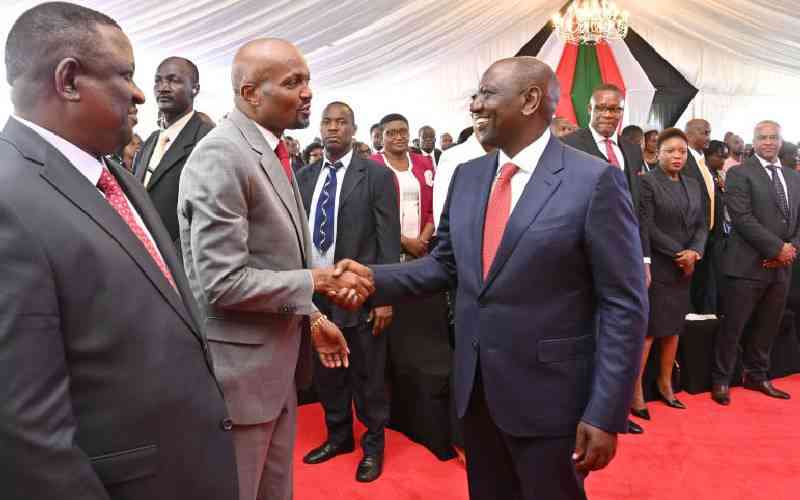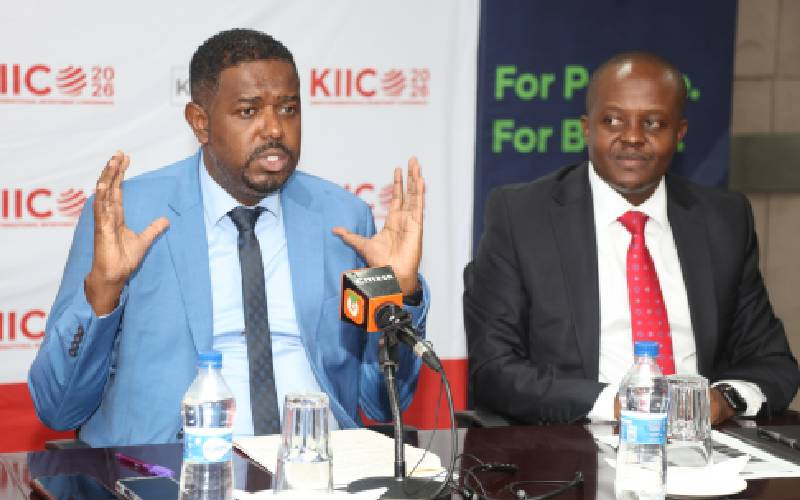×
The Standard e-Paper
Kenya’s Boldest Voice

The old constitution exhibited both presidential and parliamentary systems of governance. As such, members of the Cabinet were elected members of Parliament.
The system in a way compromised the doctrine of separation of powers that is traditionally known to provide for three arms of government, with each providing check and balances on the others.







